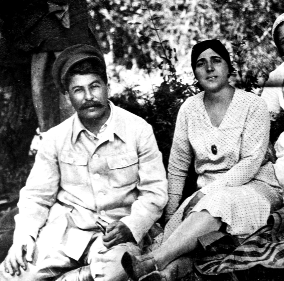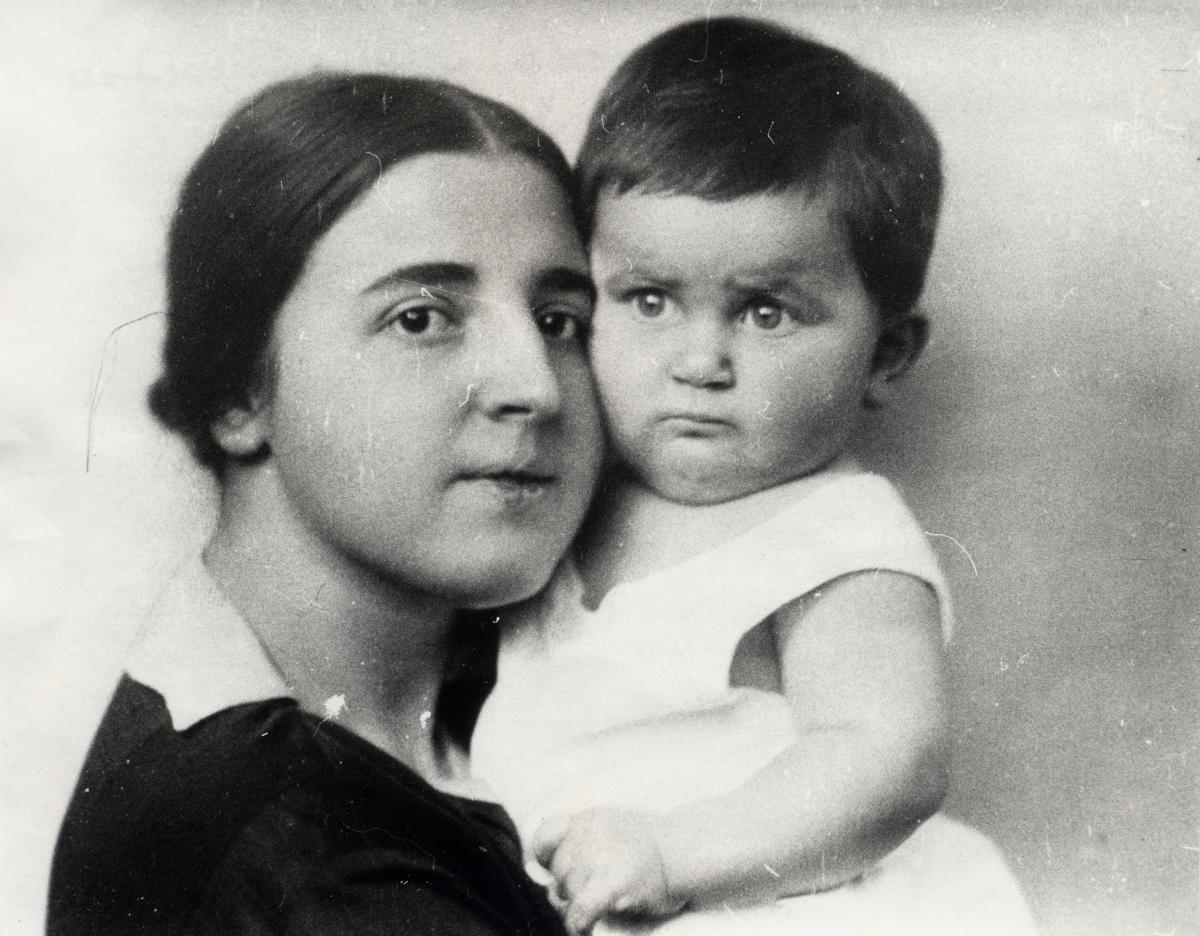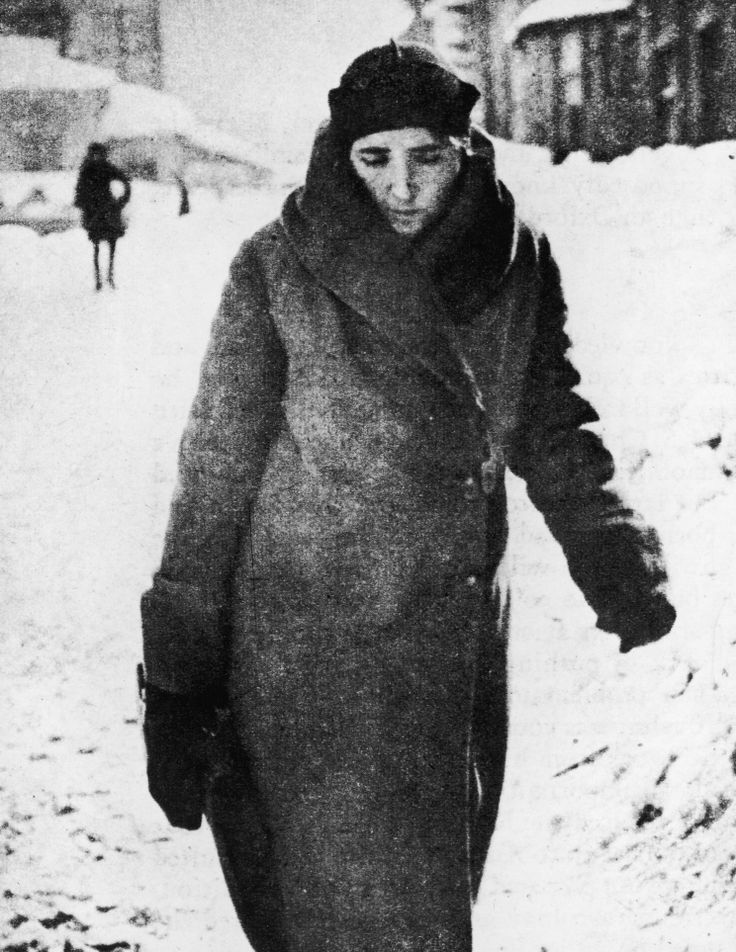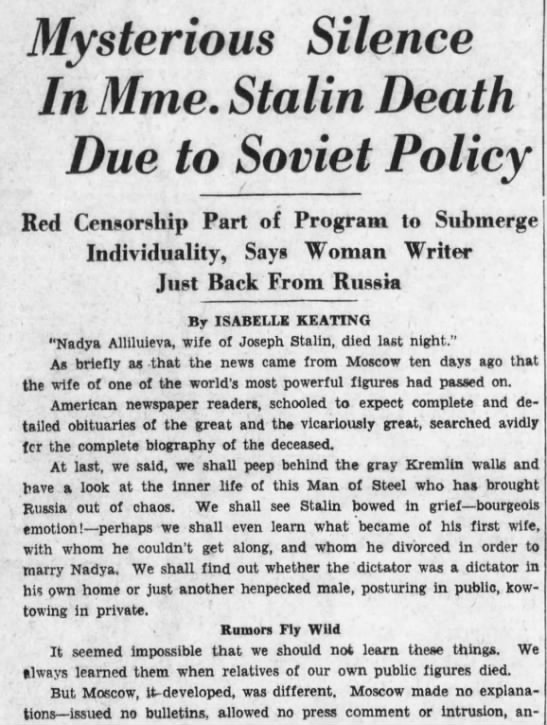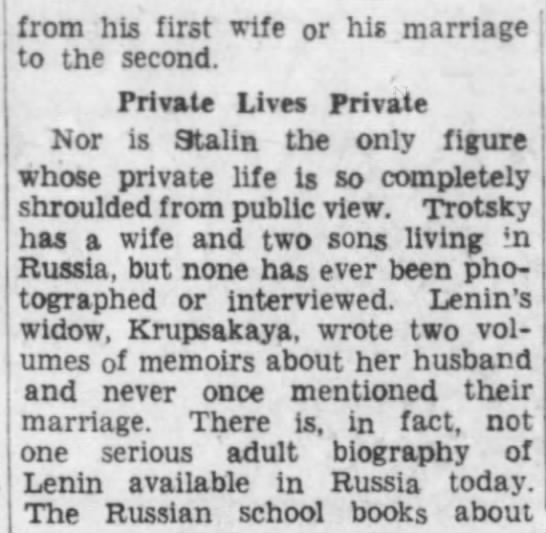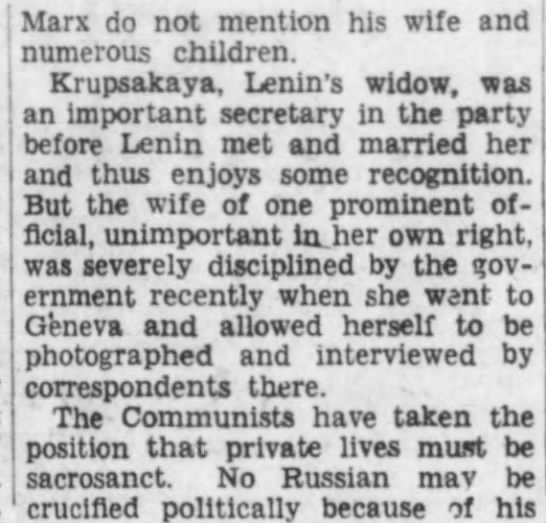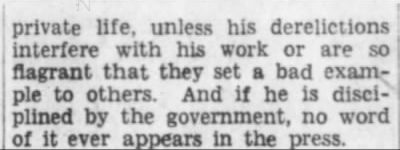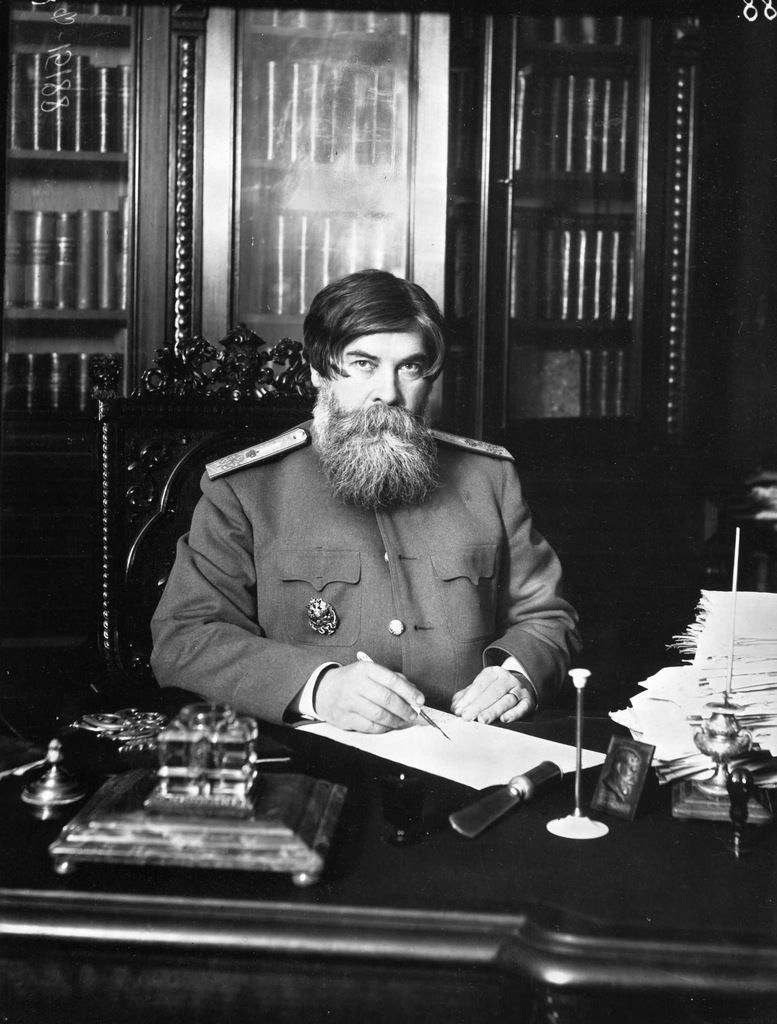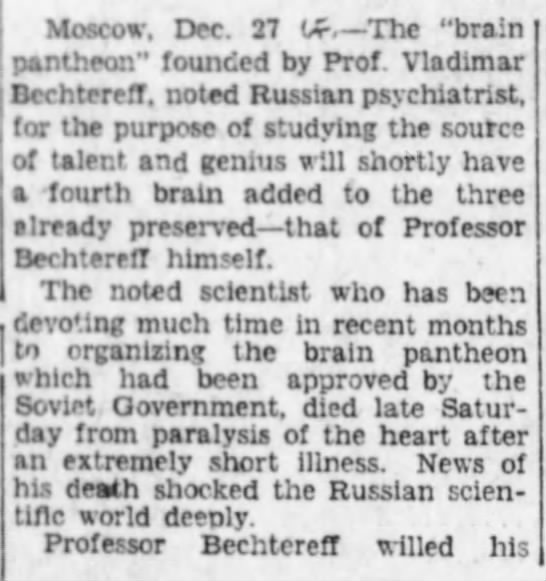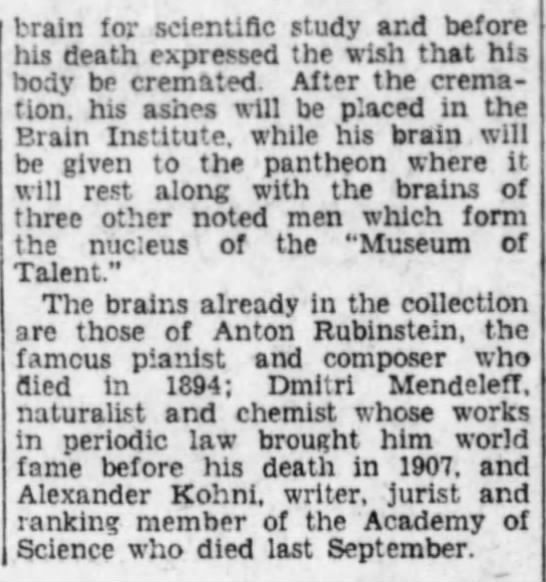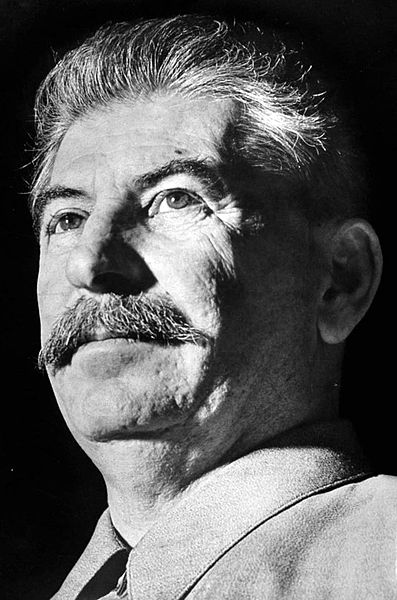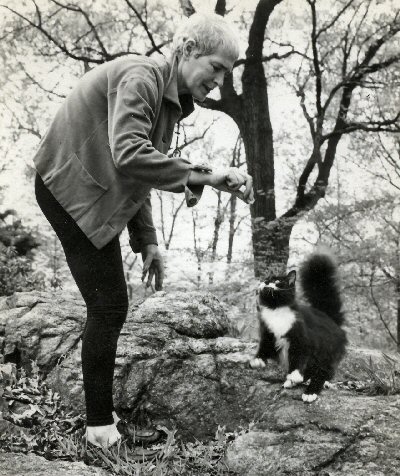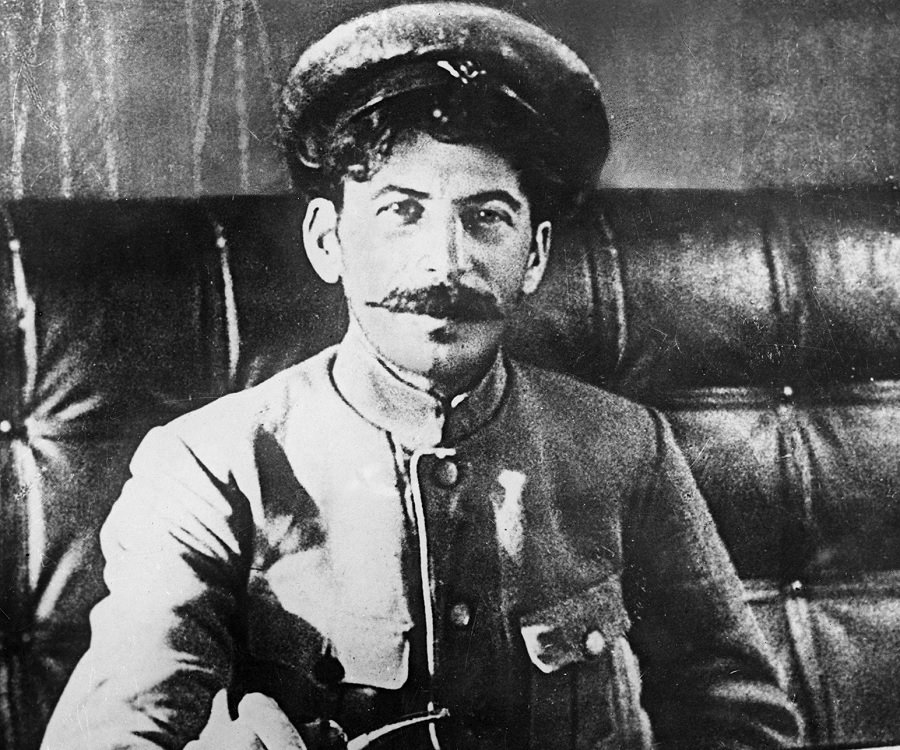
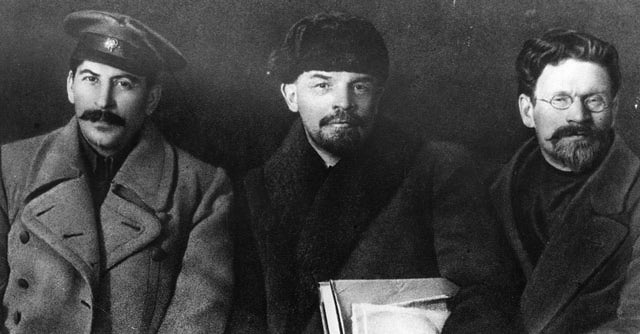
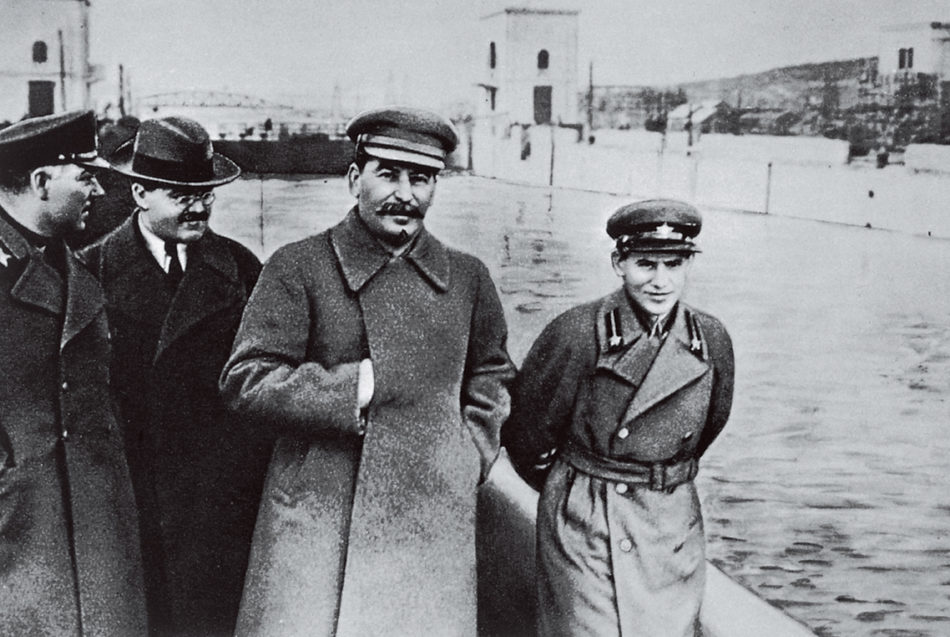
Anatole Konstantin escaped from Stalin’s Soviet Union, for the most part.
Having moved to the U.S. in 1949 as a child refugee after the murder of his father by the secret police, Konstantin became an engineer and entrepreneur, living out an America Dream he wasn’t aware existed until emerging from behind the Iron Curtain.
I say he escaped “for the most part” because an answer he gave in regards to an Edward Snowden question during a new Reddit AMA seems approving of a surveillance state. Of course, that attitude, perplexingly enough, probably doesn’t place him in the minority in his adopted country.
Question:
Why did your father get executed by the secret police?
Anatole Konstantin:
He was executed because he was corresponding with his parents in Romania and any correspondence with a foreign country made one suspected of being a spy. 50 years after his disappearance, a letter from the KGB informed us of his execution and also that he was being “posthumously rehabilitated,” admitting that he was innocent.
Question:
Was your father given a mock trial prior to his execution, to give the appearance of justice having been served? I’m sorry for your loss, it’s inspiring to hear someone who went through so much hardship make something of themselves.
Anatole Konstantin:
The trials were secret and we didn’t know the results until 50 years later when Gorbachev came to power. The KGB made lists of suspects who were tortured into signing prepared confessions and then were sent to the Gulags or to be executed, usually standing on the edge of a ditch and receiving a bullet in the back of the head.
Question:
What cultural difference shocked You the most?
Anatole Konstantin:
It was the availability of books on different philosophies and points of view. When I went to the library I didn’t know which book to read first and I just stood there.
Question:
How did you get enough funds to make your way to America? How was the trip arranged?
Anatole Konstantin:
I didn’t need any funds. The United Nations Refugee Organization took care of all travel arrangements for displaced persons like myself. At that time the United States admitted 200,000 displaced persons from Europe.
Question:
Any thoughts on the Syrian refugee crisis? Specifically how some Americans are worried that ISIS members can pretend to be refugees to sneak into the US. Did you experience any similar anti-communist backlash when you came to America? My parents were refugees from communist Vietnam, so I’m very interested to hear another refugee’s opinion.
Anatole Konstantin:
The Syrian refugees are victims of religious fanatics. The refugees from Communism were victims of political fanatics. While the motivations are different, they both come from fanatics who do not value human life. When I came I did not experience any backlash; I was more anti-Communist than anybody here.
Question:
What are your thoughts about current events involving Russia, Ukraine, and the US? How do you think the conflict should be resolved?
Anatole Konstantin:
From Putin’s point of view, it’s inadmissible that Ukraine should join NATO. The United States became involved because it was a signatory together with Russia and Ukraine to the agreement that Ukraine surrenders the nuclear weapons on its territory in exchange for guaranteeing its borders. The majority of people in Crimea prefer to be part of Russia rather than Ukraine. Therefore, the question is very complex and if one considers history and the different requirements of the parties, I do not see any reasonable solution.
Question:
What is your opinion of this year’s Presidential election?
Anatole Konstantin:
I think that the choice we have is the worst since I came to the United States in 1949.
Question:
How do you view Edward Snowden and the issue of warrantless surveillance by the NSA?
Anatole Konstantin:
In regards to Snowden, I can’t visualize a country functioning if every citizen could decide what is appropriate and what should be published based on their personal beliefs. The American judicial system is based on punishing acts that have already happened. The challenge now is to be able to prevent these acts from happening in the first place. This means that the government has to know what people are thinking. The difference is that suspects here are still entitled to their day in court.
Question:
Is there anything you miss about the old country?
Anatole Konstantin:
Yes, the people in those countries did a lot of singing. Someone would even sing loudly to themselves depending on how they felt.•

